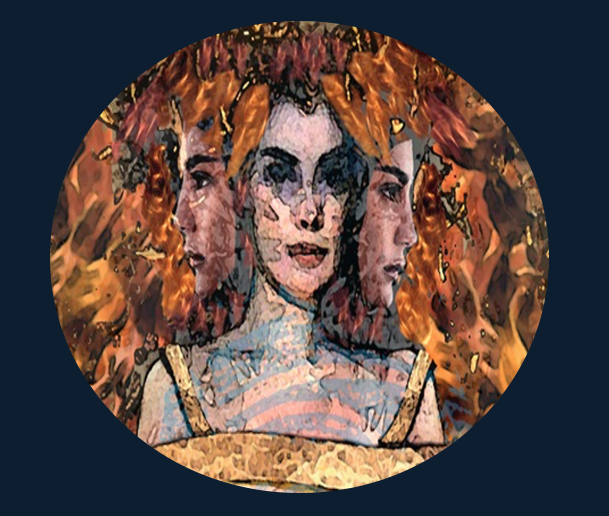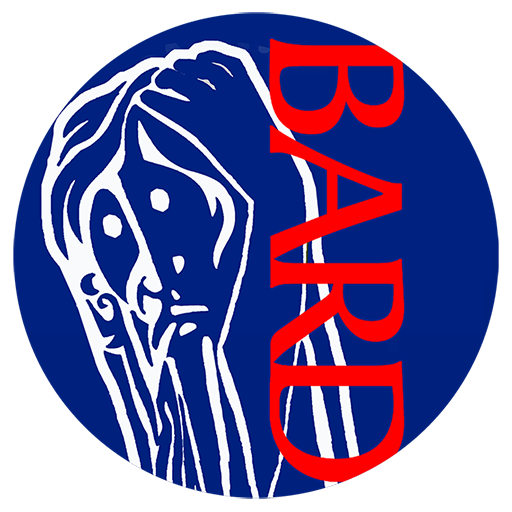The Animals within Irish Myth
Many animals within Irish Mythology play important parts.
The Salmom of Knowledge is one such creature, and it has already been described how tasting the skin of this fish was enough to endow Fionn MacCumhal with great wisdom and foresight, making him the most respected of men among his contemporaries.
The Wild Boar is another popular animal in the cycle, and often plays a more sinister role. The most famous boar was the one responsible for the death of Diarmuid. It was in fact an enchanted human. When Diarmuid was a boy he was fostered in the house of Aengus Og, and was close friends with the steward of the household’s son. Diarmuid’s father, Donn, came to visit one day and was jealous of the attention bestowed on this other boy, feeling his more noble child was being slighted. When two hounds began to fight Donn seized his opportunity and broke the boy’s neck and threw the body into the midst of the fight, where it would look like the dogs had killed him. The steward was anguished and called for an inquiry where it was discovered that no mark from a dog was found on the child’s body. It was found that Donn had killed the boy, and in anger the steward struck his son’s corpse with a druidical wand and changed him into a boar. He then promised that one day Diarmuid would meet this boar again, and that then he would be killed. Thus it was when Diarmuid went hunting many years later with the still vengeful Finn, that he was gored by this same boar, Finn having deliberately placed him in danger, and so met his death. This boar, and other boars in Irish mythology have come to represent the wild, mysterious and untamed aspects of ancient Irish life, and are therefore animals to be feared.






